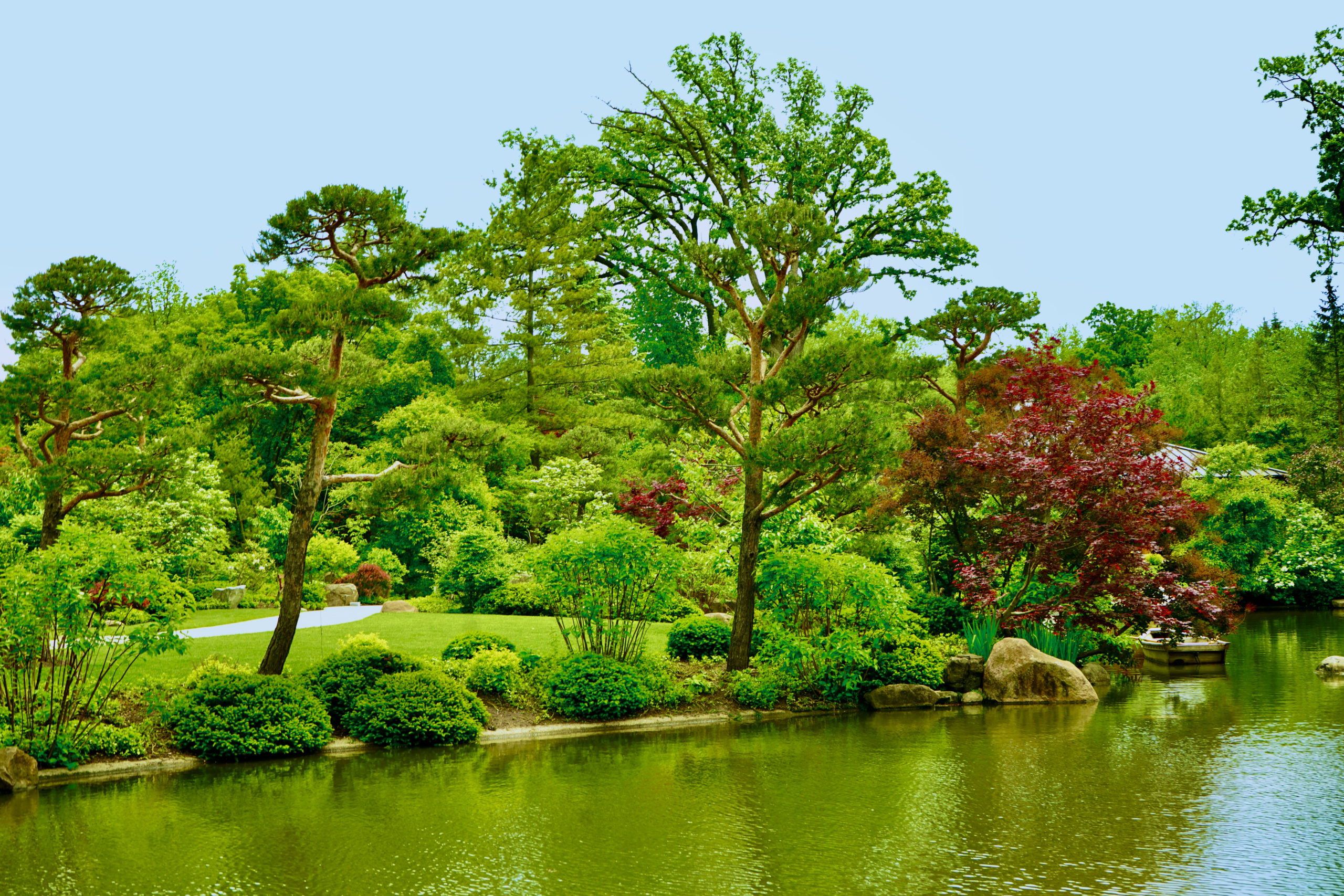Across many different sources of psychology and even philosophy, one of the main things that sticks out is the idea of the benefits of being an amateur. When we look at the word amateur, very quickly we think of negative qualities: unprofessional, bad or unskilled. When we look at the origin of the word; however, we see the Latin root Amat which means “loves”.
Yes when we hear that someone is an amateur, what that means is that the person is doing what they are doing simply because they enjoy doing it. When we look at skill development, we are more likely to be able to improve our skills and focus more time to perfect them when we enjoy doing them. Sometimes more so than when it is in an area where we are hyper focused on our specialization. In the end, this diverse background will lead us to improve our area of specialty through analogous thinking.
In David Epstein’s book Range, Why Generalists Triumph in a Specialized World, Epstein discusses how highly specialized scientists who recreationally conducted experiments unrelated to their field were able to transfer their knowledge to their specialty. These experiments were known as Friday Night Experiments. Physicist Andrei Geim was able to win a Nobel prize through his development of a new adhesive known as Graphene through his recreational experiments (Epstein 273).
When I look at martial arts to draw a comparison to this, I think of cross training. No matter how we look at our training, most of us honestly have one art that we are more proficient in than our others. When we go to train in other arts for fun, we tend to bring those elements back into our main art to enhance our knowledge or understanding. While the scientists had Friday Night Experiments, I have Sunday Afternoon Hap Ki Do. Sure I am reasonably proficient in Hap Ki Do having a 2nd degree black belt in it, but I mainly train in it to enhance my tang Soo Do. When asked to demonstrate or improvise different takedowns in Tang Soo do, I use my Hap Ki Do knowledge to supply a lot of that content. When it comes to playing disc golf, which is a hobby of mine, I use a lot of the philosophy around stances in Tang Soo do to help me generate powerful and more accurate throws.
When it comes to your life, don’t worry about not being good at something. If you enjoy it, chances are you can apply lessons from it to other areas of your life!
Sources:
Epstein, David J. Range: Why Generalists Triumph in a Specialized World. Riverhead Books, 2021.




